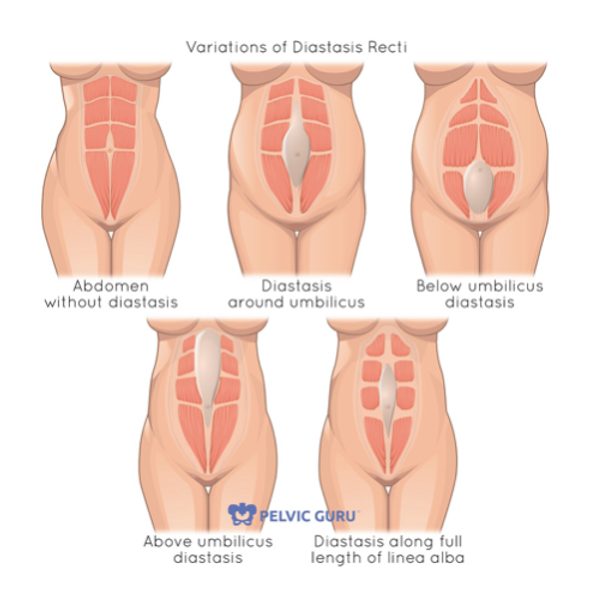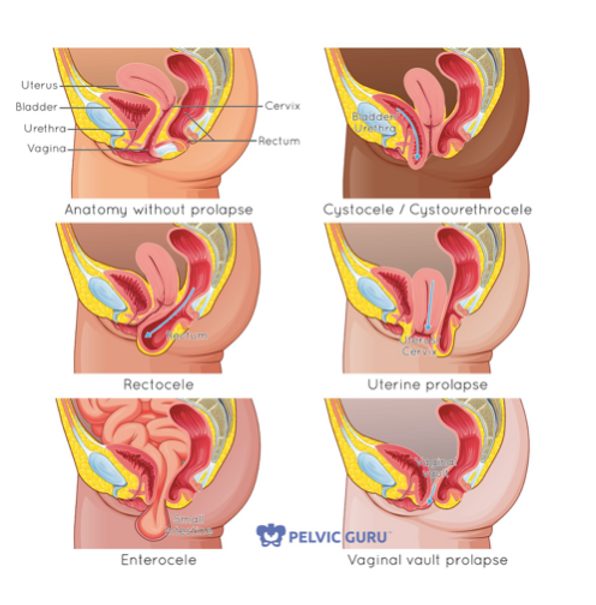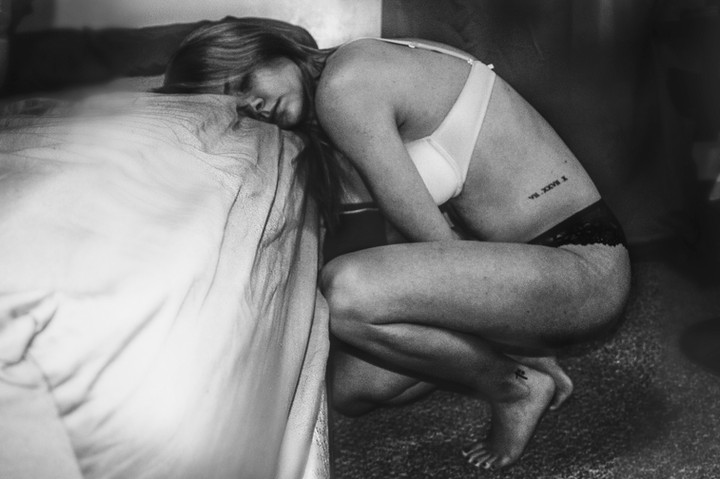We are entering a new journey in our mom culture and it is called postpartum recovery aka recovery after baby. Why has it taken so long to get this implemented in our country and world again? We used to be set up very differently in our culture, but times have changed, and mom has become pretty darn low on the priority list after baby!!
Oftentimes you’ll get comments like this after baby has been born…
How is baby doing? How is baby sleeping? How is baby eating? Oh… baby is so cute, can I hold her?
Moms are often left behind and often very minimally supported in postpartum recovery. It’s almost like this is a luxury, which is absurd!! Think of a place where mom was rested, fed, attended to after baby… how much more calm would baby and mom be?
There are many aspects that change after baby, emotionally, psychologically, and physically. Today, I want to address the changes to your body after baby.
So, for 10 months your deep core muscles are stretched out and have long term pressure on them… and 100% of women get diastasis rectus abdominus — see image below. This is a stretch of the connective tissue between the 6-pack muscles (rectus abdominus). In 30-40% of postpartum women this connective tissue does not return back to normal. If it doesn’t, most moms can have “mommy tummy” and it can lead to hip pain, low back pain, pelvic pain and leaking urine.

Another big event is pushing out baby or having a c-section… Now when you push out baby you can have a tear of connective tissue in the vagina or perineum. It is absolutely wild to me that you can have this big event of a tear or c-section and no rehab postpartum. For any other type of tear or strain of muscles in the body we have rehab (torn hamstring, torn rotator cuff, biceps, calf). So if this is you, then you would highly benefit from physical therapy to restore muscle function, activation and most importantly restore pain-free movement and increase strength!
Oftentimes women can also be diagnosed with prolapse (bulge of tissue at vagina opening) after baby. Please please note that women can feel symptoms of a prolapse after baby, oftentimes it’s just swollen and blood engorged tissue, your OB/GYN, midwife or postpartum physical therapist will check after baby. Symptoms of prolapse are fullness in vagina, tampon feeling in vagina, low back pain, and some women have no symptoms at all. This image below depicts what a prolapse is, and different types. Physical therapy is highly effective in reducing a prolapse, and oftentimes depending on how significant the prolapse, the prolapse can be reduced altogether.

Then there are symptoms you can have after birth that are common, but not normal… I repeat, not normal after baby, meaning you DO NOT have to live with these symptoms.
Here are some common symptoms:
- Leaking with cough, laugh, sneeze, or jump (stress)
- Going to the bathroom every 30 minutes with strong urge
- Constipation
- Painful intercourse
- Wearing a pad all day long
- Pelvic pain
- C-section pain
So… what do you need to do?
Well pelvic physical therapy is a standard in many other countries around the world to assess how pelvic floor and core is functioning after birth and to rule out the above issues that can arise from pregnancy and birth. So every woman would highly benefit from an evaluation from a pelvic physical therapist after baby is born.
If these symptoms are dealt with early on, then mom can avoid the negative side effects including: postnatal depletion, chronic pain in pelvis/low back, leaking urine and stool with no control, pain with intercourse/intimacy, advanced prolapse, and decreased confidence.
You are strong, courageous, and powerful. You do not need to live with these symptoms, even if other people have told you… “Well you are a mom, this is what happens….”. You do not have to live your life in this lie, you can have confidence in your body again, you do have control!
It’s important to seek out a pelvic physical therapist that knows how to assess accurately for pelvic floor muscle dysfunction and how to treat it so you CAN learn how to move in your new body after baby. Not only will a PT find the root cause of the problem, but will help lessen the DRA, but also prevent injuries to your pelvic floor and further into your low back, hips, or knees. Don’t wait for the leaking, pain, or a prolapse to disappear – act now and prevent any of these symptoms from happening or just get rid of them. We know how important an active and healthy lifestyle is to you, and we’re here to help.
Click here to book a free phone consult with your local South Atlanta pelvic physical therapist.

